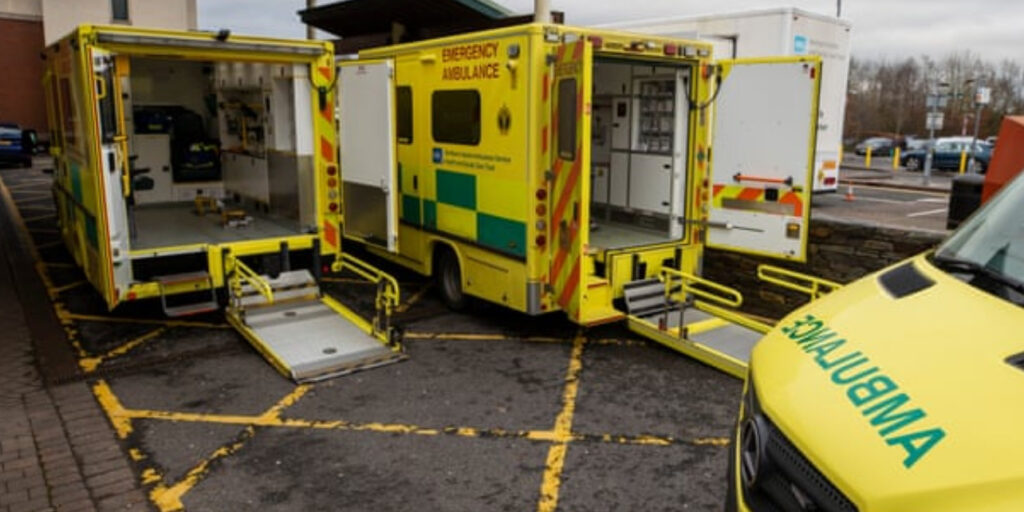A report by a government committee has highlighted that public services in Northern Ireland, including hospitals, schools, and police forces, are being severely affected by inadequate funding, adversely impacting the quality of life for many residents.
The Northern Ireland Select Committee observed excessively long waiting times in accident and emergency departments, with patients waiting over 12 hours for attention, and noted mental health needs 40% higher than any other region in the UK. The country also has notably long hospital waiting lists.
The committee’s investigation revealed that Northern Ireland had the highest rate of antidepressant prescriptions per capita globally. It also discovered significant delays in providing support for children with special needs, who were waiting more than a year for assistance.
The budget for the Northern Ireland Police Service has remained unchanged since 2010, despite facing unique challenges such as fostering cross-community recruitment and combating remnants of paramilitarism from the Troubles.
The Law Society of Northern Ireland voiced concerns that public services were on the brink of collapse.
Stephen Farry, a former MP and co-director of Ulster University’s strategic policy unit, emphasized to the committee the urgent need for political leaders in London to recognize the severe deterioration of public services in Northern Ireland compared to Great Britain, describing the situation as significantly worse.
Committee chair, Tonia Antoniazzi, expressed frustration over the prolonged crisis in public services, criticising the insufficient and delayed funding approach, which has only exacerbated the situation. The committee is advocating for the government to align funding for the fiscal year 2026 to 2027 with Northern Ireland’s specific needs.
Despite having the highest public spending per capita in the UK, Northern Ireland generates the least revenue.
It primarily relies on a “block grant” allocated to the UK’s devolved administrations.
According to the Barnett formula, which standardizes funding adjustments across the UK, Northern Ireland received an increase of £124 per capita in recognition of the critical state of its public services.
The committee also acknowledged ongoing research into whether this funding needs further adjustment.
It noted that despite previous inquiries in 2023-24 highlighting the intense pressure on service funding and delivery, little progress has been made.
The resumption of power-sharing in 2024 after a two-year break came with a £3.3 billion funding package, though it included provisions encouraging Stormont to generate more of its own revenue for public services, a task that has proven politically challenging with limited options available to the devolved government.


